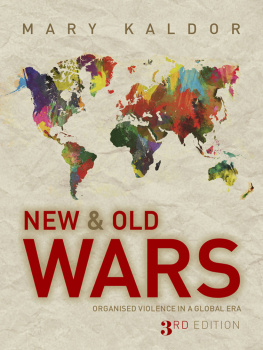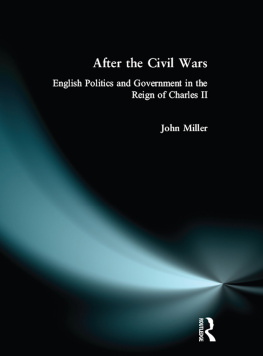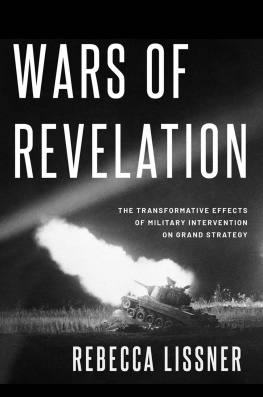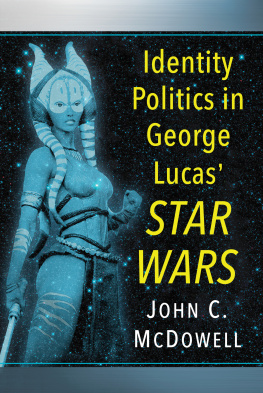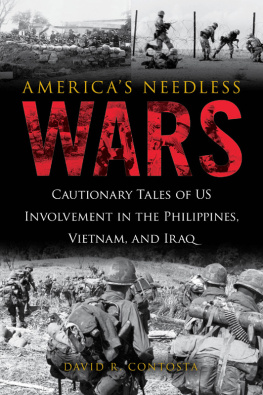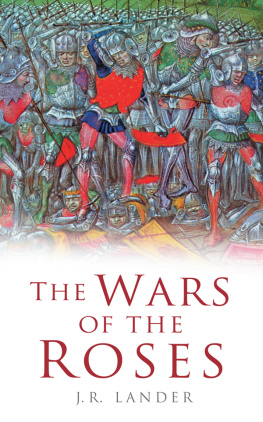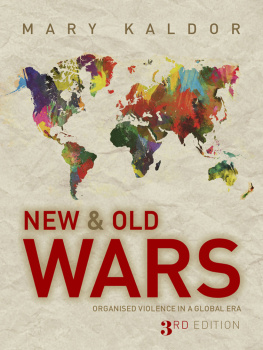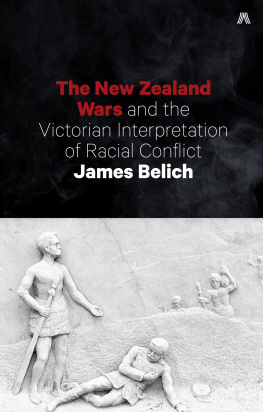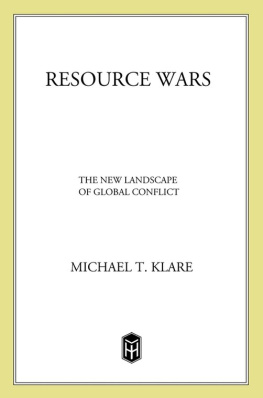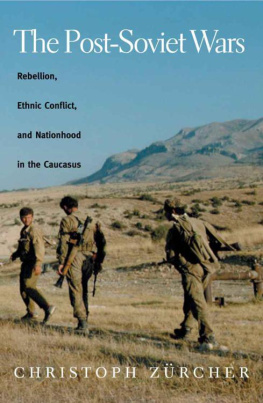Copyright Mary Kaldor 2012
The right of Mary Kaldor to be identified as Author of this Work has been asserted in accordance with the UK Copyright, Designs and Patents Act 1988.
First published in 2012 by Polity Press
Polity Press
65 Bridge Street
Cambridge CB2 1UR, UK
Polity Press
350 Main Street
Malden, MA 02148, USA
All rights reserved. Except for the quotation of short passages for the purpose of criticism and review, no part of this publication may be reproduced, stored in a retrieval system, or transmitted, in any form or by any means, electronic, mechanical, photocopying, recording or otherwise, without the prior permission of the publisher.
ISBN-13: 978-0-7456-5562-8
ISBN-13: 978-0-7456-5563-5(pb)
ISBN-13: 978-0-7456-6303-6 (Multi-user ebook)
ISBN-13: 978-0-7456-6304-3 (Single-user ebook)
A catalogue record for this book is available from the British Library.
The publisher has used its best endeavours to ensure that the URLs for external websites referred to in this book are correct and active at the time of going to press. However, the publisher has no responsibility for the websites and can make no guarantee that a site will remain live or that the content is or will remain appropriate.
Every effort has been made to trace all copyright holders, but if any have been inadvertently overlooked the publisher will be pleased to include any necessary credits in any subsequent reprint or edition.
For further information on Polity, visit our website: www.politybooks.com
Preface to the Third Edition
In recent years, a number of scholars have remarked on what they describe as the decline of war in the twenty-first century, as well as the decline of combat-related casualties. These include the celebrated book by Steve Pinker, The Better Angels of Our Nature , the Human Security Report and John Muellers book, The Remnants of War.
What these studies show is a decline in what I call in this book old war that is to say, war involving states in which battle is the decisive encounter. Indeed, all these scholars base their conclusions on the Uppsala Conflict Data Program in which conflict is defined as involving states and is characterized by a certain minimum number of battle deaths. New wars involve networks of state and non-state actors and most violence is directed against civilians. Some critics of the new war thesis conflate new wars with civil wars and argue that both inter-state and civil wars are declining. But new wars, as I explain in the introduction, are wars in which the difference between internal and external is blurred; they are both global and local and they are different both from classic inter-state wars and classic civil wars.
This tendency to define war as old war obscures the reality of new wars. I do not know whether the number of new wars is increasing or not. Nor do we know the scale of casualties in new wars, although they are almost certainly lower than in old wars. But my point is rather that we need to understand and analyse this new type of violence. While we should celebrate the decline of old war, we cannot rest on our laurels; we need to be able to address the main contemporary sources of insecurity. In large parts of the world Central Asia, East Africa or Central Africa people experience great suffering, and this matters whether it is more or less than in the past. Moreover, new wars are associated with state weakness, extremist identity politics and transnational criminality, and there is a danger that this type of violence will spread as the world faces a growing economic crisis. In the context of spending cuts, there is a tendency for governments to cut the very capabilities most suitable for addressing new wars and to protect their capabilities for fighting old wars.
This is why it is important to present a new edition of this book. I have updated the book in places and included new material. The first edition of the book was published before 9/11 and I have included a new chapter on the wars in Iraq and Afghanistan. I argue that the old war mindset of the United States greatly exacerbated the conditions for what was to become in both countries a new war. In fact, the experience of the wars led to new thinking in the Pentagon; the revamped counter-insurgency doctrine included ideas such as nation-building and population security and bringing together military and civilian capabilities. But it turned out to be very difficult to change the culture of the military and now the United States has reverted to an old war campaign of defeating terrorists, using, in particular, long-distance air strikes in places such as Afghanistan, Pakistan, Yemen and Somalia. Even though precision has greatly improved and civilian casualties from air strikes are lower than in the past, as I argue in chapter 7, this further worsens the insecurity in these places.
The first edition of this book generated a lively debate about new wars and I have also included a new afterword that deals with this debate. Most of the criticisms question whether new wars are really new or whether they are really war. My point is that they may not really be new and we may decide not to call them war but something is happening that is different from old war and we need to understand it. It is the preoccupation with old war that prevents us from developing policy-relevant analysis.
Since writing the book, much of my work has focused on policy-oriented research and, in particular, developing the concept of human security as a way of addressing new wars. I have not included this research in the book, even though I have updated chapter 6 Towards a Cosmopolitan Approach, which represented an early version of my ideas on human security. Those who wish to learn more about human security can refer to two more recent books: Human Security: Reflections on Globalisation and Intervention and The Ultimate Weapon is No Weapon: Human Security and the New Rules of War and Peace , which I co-authored with a serving American army officer.
Like Pinker and others, I greatly welcome the decline of old war. But old war can always be reinvented. Many of the critics point out, rightly, that the wars of the early modern period were similar to new wars before states became as strong as they are today. The process of pacification and of eliminating brigands, highwaymen, pirates, warlords and other private wars was associated with the development of what I call old wars the wars of modernity of the nineteenth and twentieth centuries, as I describe in chapter 2. It was through war that states were able to centralize and control violence. If we fail to address the new wars of today, something along the same lines could always happen again.
The most important reason for optimism at the moment is the wave of peaceful protest that started in the Middle East and has become worldwide. It is the rise of civil society that has marginalized Al Qaeda and other extremist militant groups. It is the kind of cosmopolitan politics that I argue, in this book, is key to finding an answer to new wars. Much depends, therefore, on how far this new awakening, as it is often described, produces an institutional response. There is, of course, a huge risk that failure to produce an institutional response will have the opposite consequence. Indeed, at the time of writing, old war thinking, that is to say geopolitical or realist approaches that focus on the security of Israel or the threat of Iranian nuclear weapons, could exacerbate new wars in places like Syria and Iraq. The current brutal repression in Syria is not a civil war; it is a war against civilians and against cosmopolitan politics.

